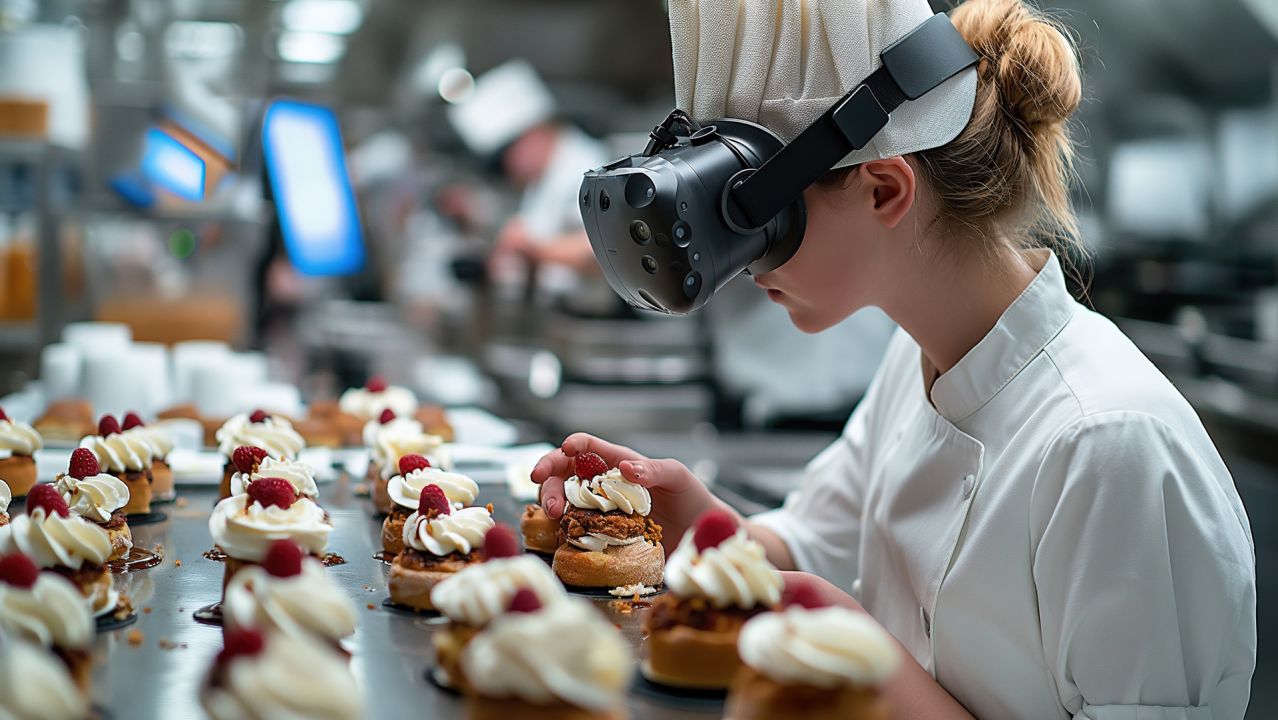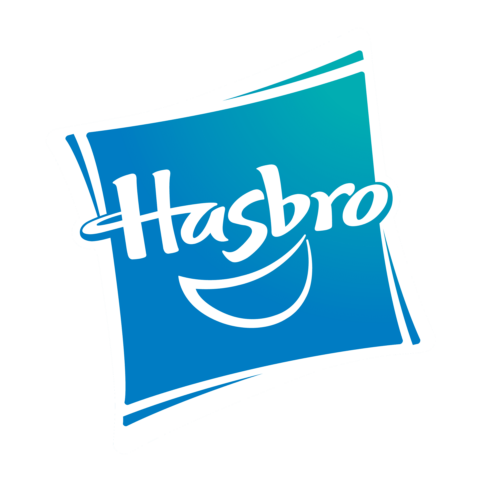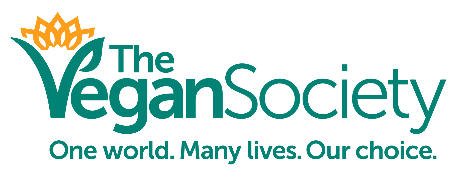Virtual Process Optimisation in VR: Revolutionising Operational Efficiency

 Author: Spark Team
Author: Spark Team
Virtual Process Optimisation in VR: Revolutionising Operational Efficiency
Introduction to Virtual Process Optimisation in VR
In today’s fast-paced business environment, organisations are continually seeking ways to enhance operational efficiency and productivity. Virtual Reality (VR) provides an innovative approach to process optimisation, allowing companies to simulate, analyse, and refine processes in an immersive, interactive environment. Spark Emerging Technologies leverages VR technology to create solutions that facilitate process improvement, reduce waste, and enhance overall performance.
Benefits of Virtual Process Optimisation in VR
Implementing VR for process optimisation offers numerous advantages that improve organisational performance:
Immersive Simulation: VR allows teams to visualise and simulate processes in a realistic environment, enabling them to identify bottlenecks, inefficiencies, and areas for improvement.
Data-Driven Insights: Organisations can integrate real-time data analytics into VR simulations, providing actionable insights that guide decision-making and optimisation strategies.
Enhanced Collaboration: VR enables cross-functional teams to collaborate effectively on process design and optimisation, fostering innovation and collective problem-solving.
Training and Skill Development: VR can be used to train employees on optimised processes, ensuring they understand and can effectively implement new procedures.
Risk Reduction: By testing changes in a virtual environment, organisations can assess the potential impacts of process modifications without disrupting actual operations.
Real-World Applications of Virtual Process Optimisation in VR
Manufacturing Efficiency: VR can simulate manufacturing processes, allowing teams to analyse workflow, material handling, and production schedules for optimisation.
Supply Chain Management: Organisations can use VR to visualise and optimise supply chain processes, from procurement to delivery, improving overall efficiency and responsiveness.
Facility Layout Planning: VR can assist in designing optimal facility layouts by simulating workflows and space utilisation, enhancing productivity and safety.
Service Operations: VR can be used to streamline service operations, such as customer service or technical support processes, by identifying best practices and training staff on optimised procedures.
Quality Control: VR can help visualise quality control processes, enabling teams to identify and rectify issues in real-time, leading to improved product quality.
How Spark Emerging Technologies is Leading VR Solutions for Process Optimisation
At Spark Emerging Technologies, we specialise in developing VR solutions that enhance process optimisation efforts across various industries. Our immersive tools provide organisations with the resources they need to analyse and improve their processes effectively. By collaborating with businesses, operational leaders, and industry experts, we create tailored VR applications that address specific optimisation challenges.
Addressing Key Challenges with VR Process Optimisation
User-Friendly Interfaces: Our VR applications feature intuitive designs, ensuring that employees can easily navigate and interact with the optimisation content.
Integration with Business Systems: We ensure our VR solutions can seamlessly integrate with existing enterprise resource planning (ERP) and management systems for efficient data analysis.
Data Privacy and Security: Protecting sensitive operational data is crucial; we implement robust security measures to safeguard information collected during VR interactions.
Customisation for Various Industries: Our VR solutions are adaptable and customisable, allowing for deployment across different sectors, from manufacturing to logistics.
Case Study: VR Process Optimisation for a Manufacturing Facility
A manufacturing facility partnered with Spark Emerging Technologies to implement VR process optimisation aimed at enhancing operational efficiency. The VR platform allowed teams to simulate and analyse production workflows, leading to significant reductions in cycle time and waste. This initiative resulted in a 25% increase in production efficiency and improved overall employee satisfaction.
The Role of VR in Advancing Process Optimisation
Virtual process optimisation in VR is transforming how organisations approach operational efficiency and productivity improvement. By providing immersive, interactive experiences, VR enhances understanding and retention of critical process concepts, leading to improved performance and competitiveness. This innovative approach not only streamlines optimisation efforts but also fosters a culture of continuous improvement within organisations.
Future of Virtual Process Optimisation in VR
As VR technology continues to evolve, the potential for process optimisation applications will expand significantly. Spark Emerging Technologies is committed to enhancing our VR solutions, anticipating more sophisticated applications that empower organisations to engage deeply in process optimisation efforts. The future promises increasingly interactive and engaging VR experiences that will play a critical role in operational excellence.
Conclusion
Virtual process optimisation in VR offers innovative solutions for enhancing efficiency and productivity across various industries. Spark Emerging Technologies provides cutting-edge VR applications that enable organisations to visualise and optimise their processes effectively. Discover how our VR solutions can transform your process optimisation initiatives—contact Spark Emerging Technologies for a demo today.
Contact Us:
Interested in optimising your process management with VR? Contact Spark Emerging Technologies to schedule a consultation and learn how our solutions can benefit your organisation.
© 2026 All Rights Reserved | Company Reg No. 05327622 | Spark Emerging Technologies Limited







